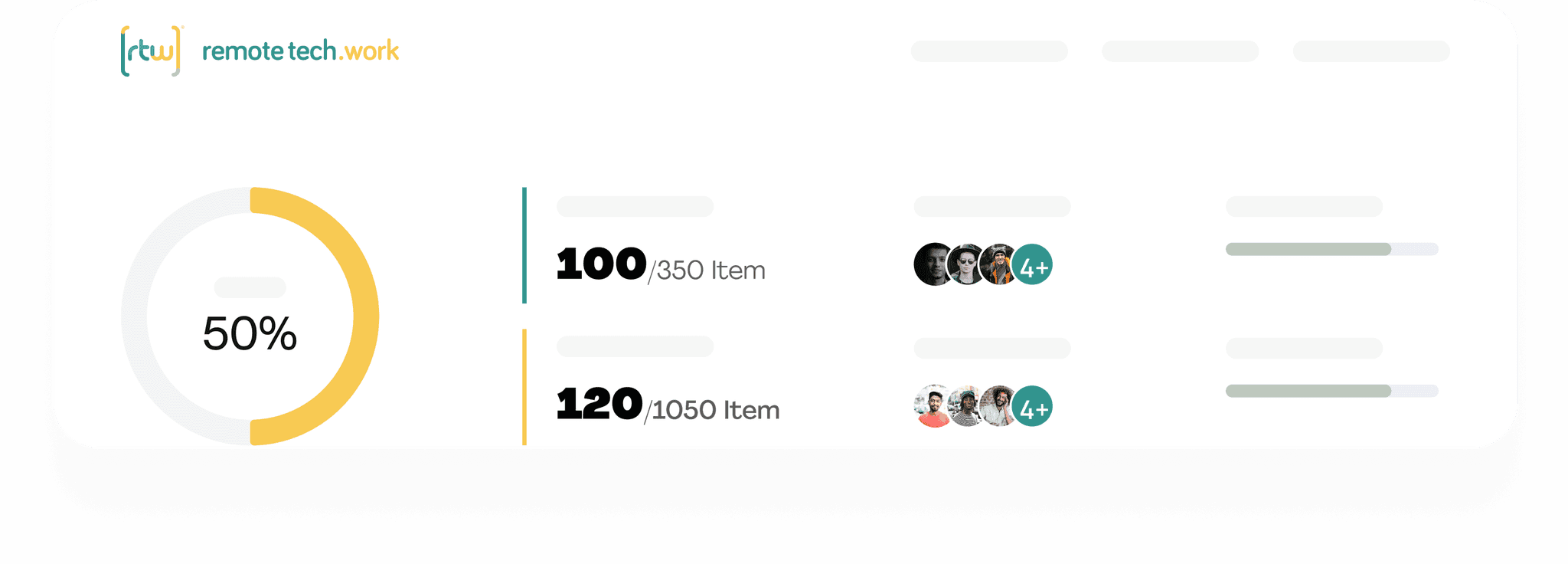DESCRIPTION
DESCRIPTION
DESCRIPTION
SQL, which stands for Structured Query Language, is a powerful and standardized programming language designed for managing and manipulating relational databases. Developed in the early 1970s, SQL provides a structured and intuitive way to interact with databases by allowing users to create, retrieve, update, and delete data in a structured and organized manner. SQL is used in a wide range of applications and industries, including web development, data analysis, business intelligence, and more, making it a fundamental skill for anyone working with databases.
SQL operates through a set of standardized commands, such as SELECT (for data retrieval), INSERT (for data insertion), UPDATE (for data modification), and DELETE (for data removal). It also supports the creation and maintenance of database schemas, indexes, and constraints, enabling the efficient storage and retrieval of data. SQL is not limited to one specific database management system; it is supported by many popular database systems, including MySQL, PostgreSQL, Oracle, Microsoft SQL Server, and SQLite, making it a versatile language that can be applied in a variety of database environments. Whether you are designing complex database systems or writing simple queries to extract information from data, SQL is an indispensable tool for effectively managing and querying structured data.
SQL, which stands for Structured Query Language, is a powerful and standardized programming language designed for managing and manipulating relational databases. Developed in the early 1970s, SQL provides a structured and intuitive way to interact with databases by allowing users to create, retrieve, update, and delete data in a structured and organized manner. SQL is used in a wide range of applications and industries, including web development, data analysis, business intelligence, and more, making it a fundamental skill for anyone working with databases.
SQL operates through a set of standardized commands, such as SELECT (for data retrieval), INSERT (for data insertion), UPDATE (for data modification), and DELETE (for data removal). It also supports the creation and maintenance of database schemas, indexes, and constraints, enabling the efficient storage and retrieval of data. SQL is not limited to one specific database management system; it is supported by many popular database systems, including MySQL, PostgreSQL, Oracle, Microsoft SQL Server, and SQLite, making it a versatile language that can be applied in a variety of database environments. Whether you are designing complex database systems or writing simple queries to extract information from data, SQL is an indispensable tool for effectively managing and querying structured data.
Recommended Skills
Recommended Skills
Recommended Skills
A SQL developer should possess a combination of technical and soft skills to excel in working with databases and managing data using SQL. Here's a list of key skills and knowledge areas for a SQL developer:
Proficiency in SQL: A strong understanding of SQL, including its syntax, data manipulation statements (SELECT, INSERT, UPDATE, DELETE), data definition statements (CREATE, ALTER, DROP), and other SQL commands.
Database management systems (DBMS): Familiarity with different database systems, such as MySQL, PostgreSQL, Oracle, Microsoft SQL Server, and SQLite, including knowledge of their unique features and SQL dialects.
Data modeling: Ability to design and create database schemas, tables, relationships, indexes, and constraints to represent data accurately and efficiently.
Query optimization: Skills in optimizing SQL queries for performance by understanding query execution plans, indexing, and query tuning techniques.
Normalization: Understanding of database normalization principles to reduce data redundancy and maintain data integrity.
Stored procedures and functions: Knowledge of creating and using stored procedures and functions for efficient and reusable data processing.
Triggers: Ability to create database triggers to automate actions or validations based on data changes.
Data security: Awareness of database security best practices, user access control, and data encryption to protect sensitive information.
A SQL developer should possess a combination of technical and soft skills to excel in working with databases and managing data using SQL. Here's a list of key skills and knowledge areas for a SQL developer:
Proficiency in SQL: A strong understanding of SQL, including its syntax, data manipulation statements (SELECT, INSERT, UPDATE, DELETE), data definition statements (CREATE, ALTER, DROP), and other SQL commands.
Database management systems (DBMS): Familiarity with different database systems, such as MySQL, PostgreSQL, Oracle, Microsoft SQL Server, and SQLite, including knowledge of their unique features and SQL dialects.
Data modeling: Ability to design and create database schemas, tables, relationships, indexes, and constraints to represent data accurately and efficiently.
Query optimization: Skills in optimizing SQL queries for performance by understanding query execution plans, indexing, and query tuning techniques.
Normalization: Understanding of database normalization principles to reduce data redundancy and maintain data integrity.
Stored procedures and functions: Knowledge of creating and using stored procedures and functions for efficient and reusable data processing.
Triggers: Ability to create database triggers to automate actions or validations based on data changes.
Data security: Awareness of database security best practices, user access control, and data encryption to protect sensitive information.
Our Talent Acquisition Process
Our Talent Acquisition Process
Our Talent Acquisition Process
We will walk you through our process during the days/weeks according to your agenda availability. Feedback will be present whether we move forward or not with your application. There are, in general, a challenge (60’ average each), two calls (45’ average each), and a Tech Interview for you to reach the final Offer Call.
We will walk you through our process during the days/weeks according to your agenda availability. Feedback will be present whether we move forward or not with your application. There are, in general, a challenge (60’ average each), two calls (45’ average each), and a Tech Interview for you to reach the final Offer Call.






HOW TO
GET STARTED
Sign up for our developer platform to begin working remotely
DEVELOPMENT
SOFTWARE
Remote Tech Work Ltd is a company registered in England and Wales (No.16127490).
Our address is Orion House Office 774, Bessemer Road, Welwyn Garden City, AL7 1HH. 2025
Remote Tech Work. All right reserved.
DEVELOPMENT
SOFTWARE
Remote Tech Work Ltd is a company registered in England and Wales (No.16127490).
Our address is Orion House Office 774, Bessemer Road, Welwyn Garden City, AL7 1HH. 2025
Remote Tech Work. All right reserved.
DEVELOPMENT
SOFTWARE
Remote Tech Work Ltd is a company registered in England and Wales (No.16127490).
Our address is Orion House Office 774, Bessemer Road, Welwyn Garden City, AL7 1HH. 2025
Remote Tech Work. All right reserved.
DEVELOPMENT
SOFTWARE
Remote Tech Work Ltd is a company registered in England and Wales (No.16127490).
Our address is Orion House Office 774, Bessemer Road, Welwyn Garden City, AL7 1HH. 2025
Remote Tech Work. All right reserved.
DEVELOPMENT
SOFTWARE
Remote Tech Work Ltd is a company registered in England and Wales (No.16127490).
Our address is Orion House Office 774, Bessemer Road, Welwyn Garden City, AL7 1HH. 2025
Remote Tech Work. All right reserved.

